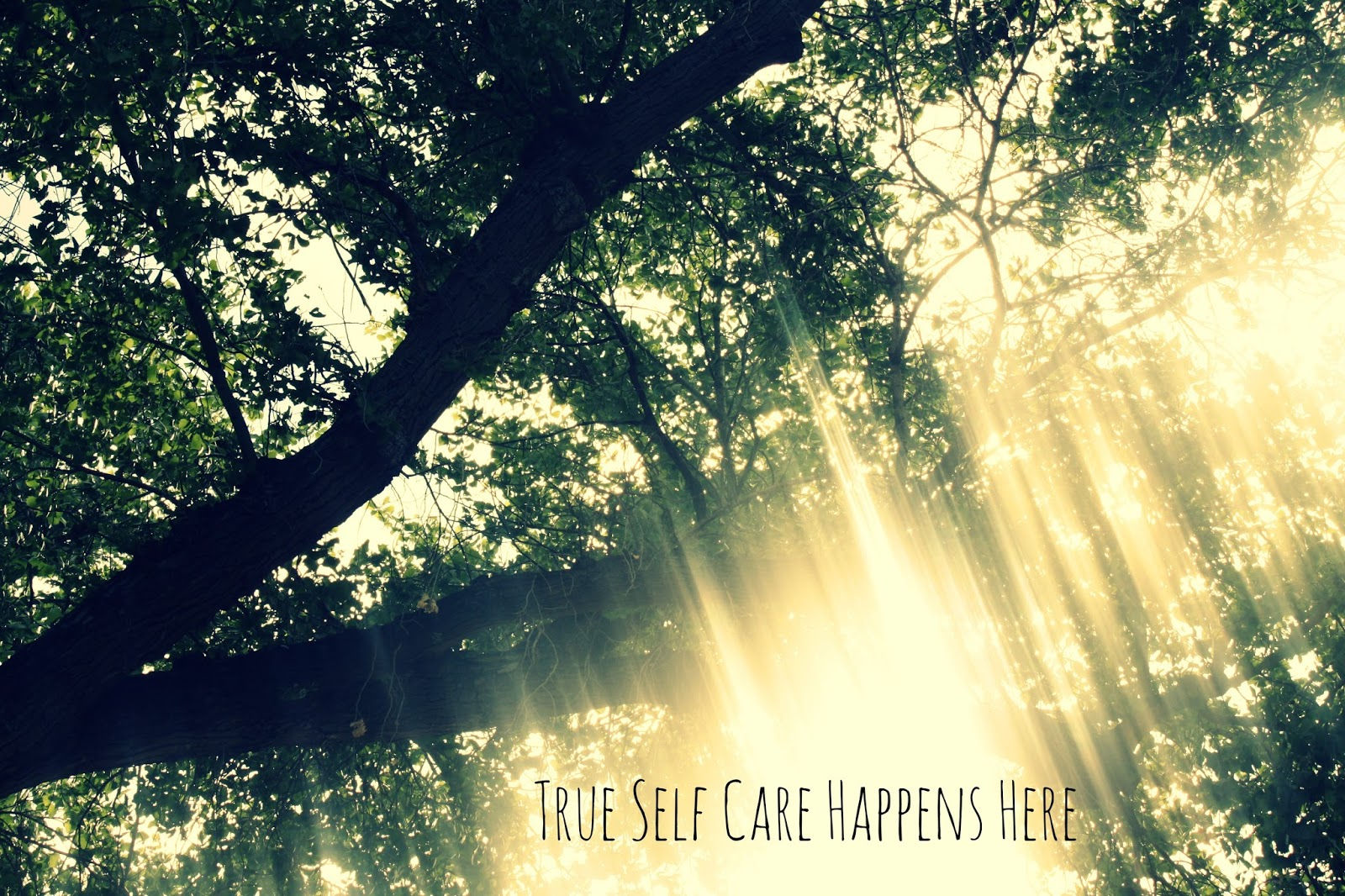
© 2017 by Monit Cheung, PhD, LCSW & Shu Zhou, PhD, LMSW
All rights reserved. Last updated 12/4/2019
Stress is the Mobilization-Minimization Phenomenon.
The Stress Response
Brain → Cortisol → Glucose and fatty acids
Blood stream → Energy → Muscles
Definition
of
Stress

Effects
of
Stress
Types
of
Stress
* Work Stress : Physical and emotional responses that occur when job requirements do not match the capabilities, resources, or needs of the worker.
* Burnout : A state of physical, emotional, psychological, and spiritual exhaustion.
* Secondary Trauma : Consequential behaviors and emotions resulting from knowing about a traumatizing event experienced by a significant other or client.
* Compassion Fatigue : The overall feeling of emotional and
physical fatigue.
* Vicarious Trauma : A process of cognitive change resulting from chronic empathic engagement with trauma survivors.


Goals
of
Self-Care
Plan
* Self-Awareness : Understanding own health care and self care needs and finding meaning of
productive living
* Self-Regulation : A conscious health management model
that helps people promote healthy daily functioning
* Self-Efficacy : The judgments we make about our ability
to carry out certain activities and produce positive results
Types
of
Self-Care
Practice
* Breathing
* Physical Exercises
* Meditation
* Guided Imageries
* Paper-and-Pencil
* Prop / Game
* Story Telling
* Media or Computer-Based
* Massage or Touch Therapy
* Use of Music or Instruments
* Use of Colors
* Use of Five Senses
* Collections / Hobbies
* Use of Social Media
* Use of Creative Means
Categories
of
Self-Care

Physical
Spiritual
Emotional
Relationship
Psychological/Mental/Mindfulness
Balancing
 |
|---|
 |
 |
 |
 |
 |
|---|
 |
 |
 |
 |
 |